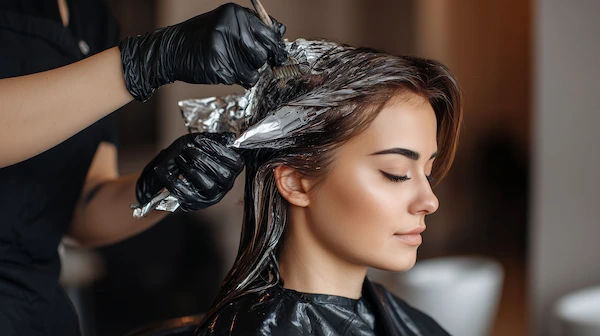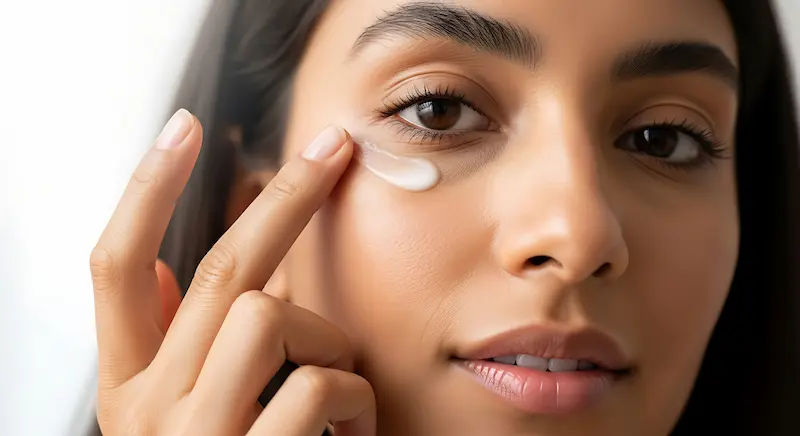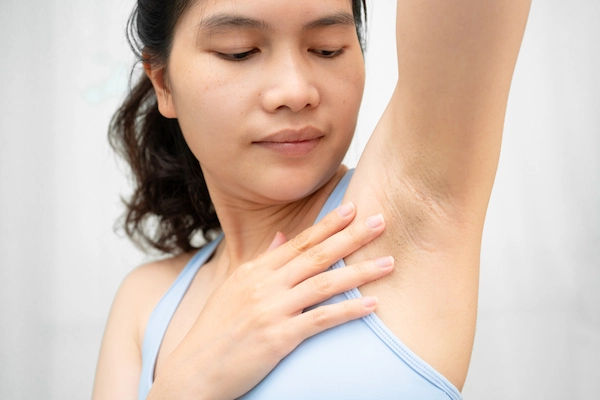- Female
- 22 Years
- 23/01/2025
I'm dealing with these small itchy bumps just inside my butt, near the anus. It's really uncomfortable because they itch a lot, and even when I try not to scratch, bits of my skin come off. I've got a picture if that would help explain it better. What do you think it could be?
Answered by 1 Apollo Doctors
no need to worry follow your doctors advice
Dr. Ranjith Suggests...
Consult a Dermatologist
Answered 04/07/2025
0
0

More Dermatology Health Queries
View allMy mom has been dealing with corns on every toe for the past 15 days and the pain is really bad. We're looking for medicine to treat it but want to avoid surgery. What options do we have?
For corns, topical salicylic acid and soft footwear help—surgery rarely needed unless chronic.
Answered by 1 Apollo Doctors
I've been dealing with dandruff off and on for about 8 years now, and I have oily skin. I'm wondering if my oily skin could be causing the dandruff or if it might be related to some kind of fungal infection.
Dandruff is a fungal infection which needs topical and oral antifungal medications,above this your hygiene care is very important,visit Dermatologist for appropriate treatment and guidance.
Answered by 1 Apollo Doctors
I've got a pretty big boil on my left calf, and after a while, it started leaking pus and blood for around 15 days. It's been about 10 days since I began using antibiotics and ointment, as my dermatologist suggested, but it still isn't healing. I change the dressing with silver sulphadiazine gel every time. I'm really worried and wondering what might be going on. Any idea why it's not improving?
Thats unusual,visit General Physician for appropriate approach.and maintain balanced diet and healthy lifestyle
Answered by 1 Apollo Doctors
Disclaimer: Answers on Apollo 247 are not intended to replace your doctor advice. Always seek help of a professional doctor in case of an medical emergency or ailment.





